Best movies like Pankow ’95
A unique, carefully handpicked, selection of the best movies like Pankow ’95 Starring Udo Kier, Christine Kaufmann, Dieter Thomas Heck, and more. If you liked Pankow ’95 then you may also like: Fabian: Going to the Dogs, The Humanity Bureau, In a Land That No Longer Exists, Balloon, The Girl in the Lift and many more popular movies featured on this list. You can further filter the list even more or get a random selection from the list of similar movies, to make your selection even easier.
Futuristic view of life in Pankow, East Berlin. What if the reunion never happened? GDR has turned into a madhouse with serious economic problems.
You may filter the list of movies on this page for a more refined, personalized selection of movies.
Still not sure what to watch click the recommend buttun below to get a movie recommendation selected from all the movies on this list
The Humanity Bureau
In 2030 the world is in a permanent state of economic recession and facing serious environmental problems as a result of global warming.
In a Land That No Longer Exists
It's 1989 in East Berlin: Suzie is kicked out of school shortly before she graduates from high school and has to defend herself as a worker in the cable factory. However, a randomly taken photo leads them to the fashion world of the GDR. The editor-in-chief Elsa Wilbrodt put them on the cover of Sibylle, the fashion magazine of the GDR. In the Berlin underground scene she made the acquaintance of the gay fashion designer Rudi and the photographer Coyote. Suzie must decide if she's brave enough to leave the old strands behind forever.
Balloon
Two families attempt a daredevil plan to escape the GDR with a homemade hot air balloon, but it crashes just before the border. The Stasi finds traces of this attempt to escape and immediately starts investigations, while the two families are forced to build a new escape balloon. With each passing day the Stasi is closer on their heels – a nerve-wracking race against time begins.
The Girl in the Lift
Frank, a tenth grade student, falls in love with his classmate Regine. His father is a well-connected plant manager in the GDR; Regine's mother is a single parent with four children. Regine wants to become a kindergarten teacher, but her grades are poor and she is not allowed to apply for technical college. Frank champions her and seeks an open discussion about these rigid regulations. But his criticism is nipped in the bud.
Two Lives
Europe 1990, the Berlin wall has just crumbled: Katrine, raised in East Germany, but now living in Norway for the last 20 years, is a “war child”; the result of a love relationship between a Norwegian woman and a German occupation soldier during World War II. She enjoys a happy family life with her mother, her husband, daughter and granddaughter. But when a lawyer asks her and her mother to witness in a trial against the Norwegian state on behalf of the war children, she resists. Gradually, a web of concealments and secrets is unveiled, until Katrine is finally stripped of everything, and her loved ones are forced to take a stand: What carries more weight, the life they have lived together, or the lie it is based on?
The Berliner
Long before he played the corpulent Goldfinger, German actor Gert Froebe was a scarecrow-skinny comedian. In Berliner Ballade, Froebe makes his screen debut as Otto, a feckless Everyman who tries to adjust to the postwar travails of his defeated nation. Stymied by black-market profiteers and government bureaucrats, Otto begins fantasizing about a happier life at the end of that ever-elusive rainbow. Director R. A. Stemmle doesn't have to strive for pathos: he merely places his gangly star amidst the ruins of a bombed-out Berlin, and the point is made for him. Filmed in 1948, Berliner Ballade was later released in the U.S. as The Berliner.
The Last Execution
The ambitious scientist Franz Walter doesn't hesitate when he is promised a professorship at the university. He immediately accepts, pledges absolute loyalty to the system and agrees to work for the GDR's foreign intelligence service until he can take up his new position. Together with his colleague Dirk, he is sent on foreign assignments to West Germany. Franz soon has to use blackmail to get innocent people to talk. But his superiors go even further: GDR refugees and their relatives are targeted to be psychologically destroyed, forged letters, medical diagnoses, surveillance and wiretapping are on the agenda. However, this is more than Franz can bear: he feels powerless and increasingly isolates himself. When he then decides to steal secret documents for a later defection to the West, this results in an unfortunate chain reaction leading to his arrest and ultimately to his execution...
Gundermann
The real life story of East German singer and writer Gerhard Gundermann and his struggles with music, life as a coal miner and his dealings with the secret police (STASI) of the GDR.
Salmonberries
A young orphaned woman, named Kotzebue, is trying to find out who her parents are in the icy landscapes of Alaska. Kotzebue is helped by an east-german librarian, whose husband was killed while fleeing from the GDR. Although both women could not be more different from each other, a fragile relationship forms.
Ware für Katalonien
At the end of the 1950s, the production of optics in the German Democratic Republic has reached top quality and instigates interest in the West. When national demand rises strongly and at the same time the export to South America heavily decreases, the Volkspolizei - the GDR police force - starts to look into the case. Two seemingly unrelated cases are the starting point for the investigation by second lieutenant Schellenberg of the department for optics racketeering: An old woman who was arrested in the Berlin city railway for trying to smuggle a pair of binoculars to West Berlin, and a dead person in an area of allotments who was involved in obscure dealings with optical devices.
Meier
Meier, a paperhanger in East Berlin, inherits from his father in West Berlin. With this money he wants to fulfil himself the dream of his life: a journey around the world. He buys a forged West German passport and pretends to go on a trip to Bulgaria while he really is off to see the free world. When he wants to return to East Berlin he finds himself in an unbelievable predicament and his double life begins. He can't keep away from his East German friends. As with all the best comedies, the action builds up to an eventual crisis. It's a light comedy, which won several national Film Academy Awards. The film is very political, with lots of political jokes/innuendos which only Germans will understand. One is left feeling what a total obscenity that stupid Wall was, dividing one people for 30 years (1-2 Generations) simply by the coincidence on where you just happen to be in the early morning on the 13th August 1961.
Die Wahrheit über die Stasi
A satire on the political and spiritual conditions in GDR by the end of the 80s.
Dear Thomas
Thomas Brasch was born as a German-Jewish emigrant in England in order to move to the young GDR with his family at the beginning of the 1950s. His father Horst is primarily interested in helping to build the new German state. But Thomas prefers to realize himself as a writer and in doing so discovers his potential as a poetic rebel. His very first play was banned and soon afterwards he lost his place at the film school. When the tanks of the Soviet Union roll through the Czech capital Prague in 1968, Brasch and his girlfriend Sanda and other students try to call for protest in the streets of Berlin - and fail. His own father betrays him to the Stasi and allows Thomas to go to prison. After being paroled, he continues to try his hand at poet writing about love, revolt and death. In the GDR, however, you don't want to have anything to do with someone like him.
A Stasi Comedy
East Berlin, early 1980s: Ludger is hired by the Stasi to spy on the oppositional arts scene in Prenzlauer Berg. But when he falls in love with the mysterious Nathalie, he has to choose between a life as a celebrated underground poet and his career as a Stasi agent. A choice that will turn back on him 30 years later.
Hasselhoff vs. The Berlin Wall
David Hasselhoff, better known for his roles in “Knight Rider” and “Baywatch” released a song titled, “Looking for Freedom” the year before the Berlin Wall came down. He performed it on top of the Berlin Wall to a million people during the biggest New Year's Eve party Germany had ever seen. Twenty five years later, David revisits the now-reunited capital, investigating what is left of the Wall, and explores what it meant in the context of the Cold War dividing Communism in the East from democracy in the West. Along his journey he meets extraordinary people who dreamt of freedom and risked their lives trying to overcome the dreaded Berlin Wall.
Last Year Titanic
Director Andreas Voigt interviewed people of different ages and social backgrounds about their experiences after the fall of the Berlin Wall. He paints an important picture of this historic period in German history, filled with radical social and economic change and insecurity. Last Year Titanic was shot from December 1989 through December 1990 — the last months of the GDR and the first months in united Germany.
Tunnel to Freedom
13 August 1961: the GDR closes the sector borders in Berlin. The city is divided overnight. Escape to the West becomes more dangerous every day. But on September 14, 1962, exactly one year, one month and one day after the Wall was built, a group of 29 people from the GDR managed to escape spectacularly through a 135-meter tunnel to the West. For more than 4 months, students from West Berlin, including 2 Italians, dug this tunnel. When the tunnel builders ran out of money after only a few meters of digging, they came up with the idea of marketing the escape tunnel. They sell the film rights to the story exclusively to NBC, an American television station.
Reunification in the Ice: The Story of the Last GDR Antarctic Explorers
In 1989, thirteen GDR scientists and technicians set off from East Berlin to the Georg Forster research station in the Antarctic. During their expedition the Berlin Wall fell on November 9th. Cut off from the images that go around the world, the men can only experience the historical events passively. When they returned in the spring of 1991, their homeland was a foreign country. The documentary reconstructs the thoughts and feelings of the East German researchers on the basis of eyewitness accounts, diary excerpts, letters, film material, grandiose landscape shots from the location of the action and unique photos to make the consequences of the events tens of thousands of kilometers away on the small GDR expedition in the middle of the eternal ice tangible.
Berlin and Brandenburg From Above
25 years after the reunion between East and West Germany, this movie shows pictures from different perspectives of people and country, during a glide flight above the metropolis. Which visions and dreams marked this region? What changed and what emerged from the city’s contentious history? We take a look from above to see the city and its citizens.
Berlin Escape Artists
An ideological and physical barrier fell on 9 November 1989 in Berlin. For 28 years, this 155 km wall divided Germany in two, separating friends and family. The recent discovery of some documents reveals the stories of those who managed to escape to join their loved ones, or simply to regain their freedom. Demonstrating imagination and courage, some dug tunnels to get under the Berlin Wall, others inflated balloons to fly over it, while others disguised themselves with fake uniforms. By combining archives, reconstitution sequences and intrigue scenes, this documentary plunges us into a Berlin that has now disappeared, through the prism of the art of escape under the GDR.
Jochen - Ein Golzower aus Philadelphia
About the son of an agricultural functionary who helped enforce the socialist order in Philadelphia in Brandenburg, then in Golzow (Oderbruch) and finally in Bernau near Berlin. Jochen therefore went to school in Golzow for only one year. He became a milker, was a border guard, married and lives with three children in Bernau. Just as disappointed with the GDR as he was with its fall, today he is even with all politics.
Dusk: 1950s East Berlin Bohemia
A documentary and film essay about the artist scene in East Berlin during the 1950s.
Diese Golzower - Umstandsbestimmung eines Ortes
Around the festival week for the 675th anniversary of Golzow for GDR television a portrait of the village, its landscape and agriculture in the past and present. In sketches also the parents' generation and the current state of affairs in the lives of some of our "children of Golzow".
3 1/2 Hours
August 13, 1961: The passengers on the interzonal train from Munich to East Berlin learn 3½ hours before crossing the border that the Wall is being built in Berlin. They have 3½ hours to make a life-changing decision: to get off the train or keep going.
Escape from East Berlin
East Berlin, shortly after the construction of the Berlin Wall. Kurt Schröder and his family dig a tunnel to escape to West Berlin as they struggle to overcome the obstacles blocking their underground path to freedom.
Berlin is in Germany
When Martin, a former GDR citizen, is released from jail, he lately becomes confronted with the consequences of the German re-unification.
2149: The Aftermath
In an oppressive future, where everyone's only contact is their computer, one lonely young man is forced to venture forth in search of human contact.
The Man with the Objective Lens
A humorous and satirical comedy, which places a man from the year 2222 one day in the (then) present day life in GDR, East Germany under Communist regime. Using a crystal for mind reading he uncovers some improprieties and moral weaknesses in the "Beautiful future" professed by VEB ("Volkseigener Betrieb" – "State Owned Holdings").
The Flight
When Dr. Schmith's proposal for international research on infant mortality is rejected, he decides to leave East Germany and strikes a deal with an escape agency that promises him a leading position at a children's hospital in West Germany. But then the decision is reversed: the project is approved and his international colleagues want Dr. Schmith to head the GDR section. Moreover, he falls in love with his new colleague, Katharina. Schmith initially tries to ignore the arrangements he made with the escape agency, but they blackmail him. Things soon turn deadly...
Dear Fatherland Be at Peace
1964 in Berlin, not long after the raise of the wall that separated the city: ex-prisoner Bruno is chosen by the eastern secret agency to be sent west with a special order. However as soon as he's crossed the border, he reports to the police. He claims his order was to kidnap someone, but he doesn't know who yet. He's forced to continue feignedly. However the east agents don't really trust him and play a double game...
Coded Message for the Boss
Wolf Brandin is in his mid-twenties and lives with his wife and child in East Berlin at the end of the 1950s. In West Berlin, the student of electrical engineering is recruited by the American secret service CIA. But Brandin immediately notifies the State Security of the German Democratic Republic and from then on lives a dangerous life as a double agent. When Brandin reaches the breaking point, his marriage starts to unravel because Brandin is not allowed to tell his family about his double life.
Zwischen uns die Mauer
In 1986, Anna from West Germany and the GDR citizen Philipp meet at a church youth exchange in East Berlin. It's love at first sight. But it is also an impossible love, because between them stands the wall.
Beyond the Blue Border
GDR, August 1989: Hanna and Andreas became a target of the secret police and had to give up their plans for their future studies and desired professions. Instead, they face arbitrariness, mistrust and reprisals. Their only chance for a self-determined life lies in fleeing across the Baltic Sea. Fifty kilometres of water separate them from freedom - and only a thin connecting rope around their wrists saves them from absolute loneliness.

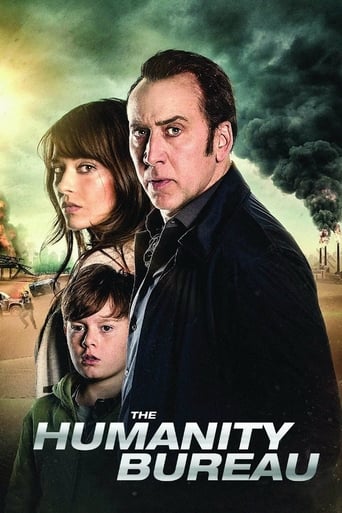

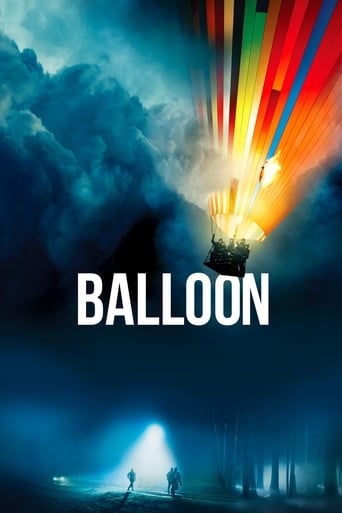





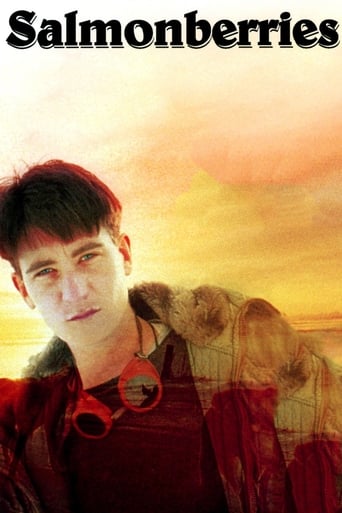





















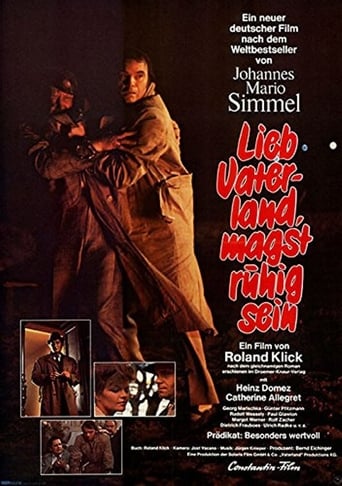




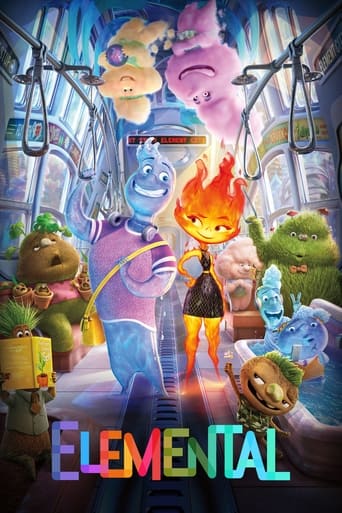

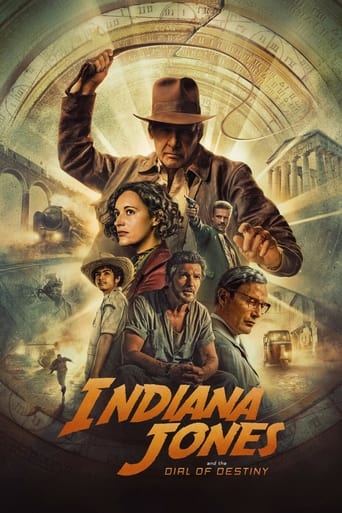
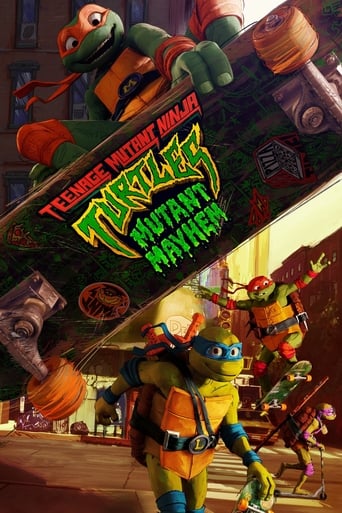
Fabian: Going to the Dogs
In 1930s Berlin, Dr. Jakob Fabian, who works by day in advertising for a cigarette company and by night wanders the streets of the city, falls in love with an actress. As her career begins to blossom, prospects for his future begin to wane.